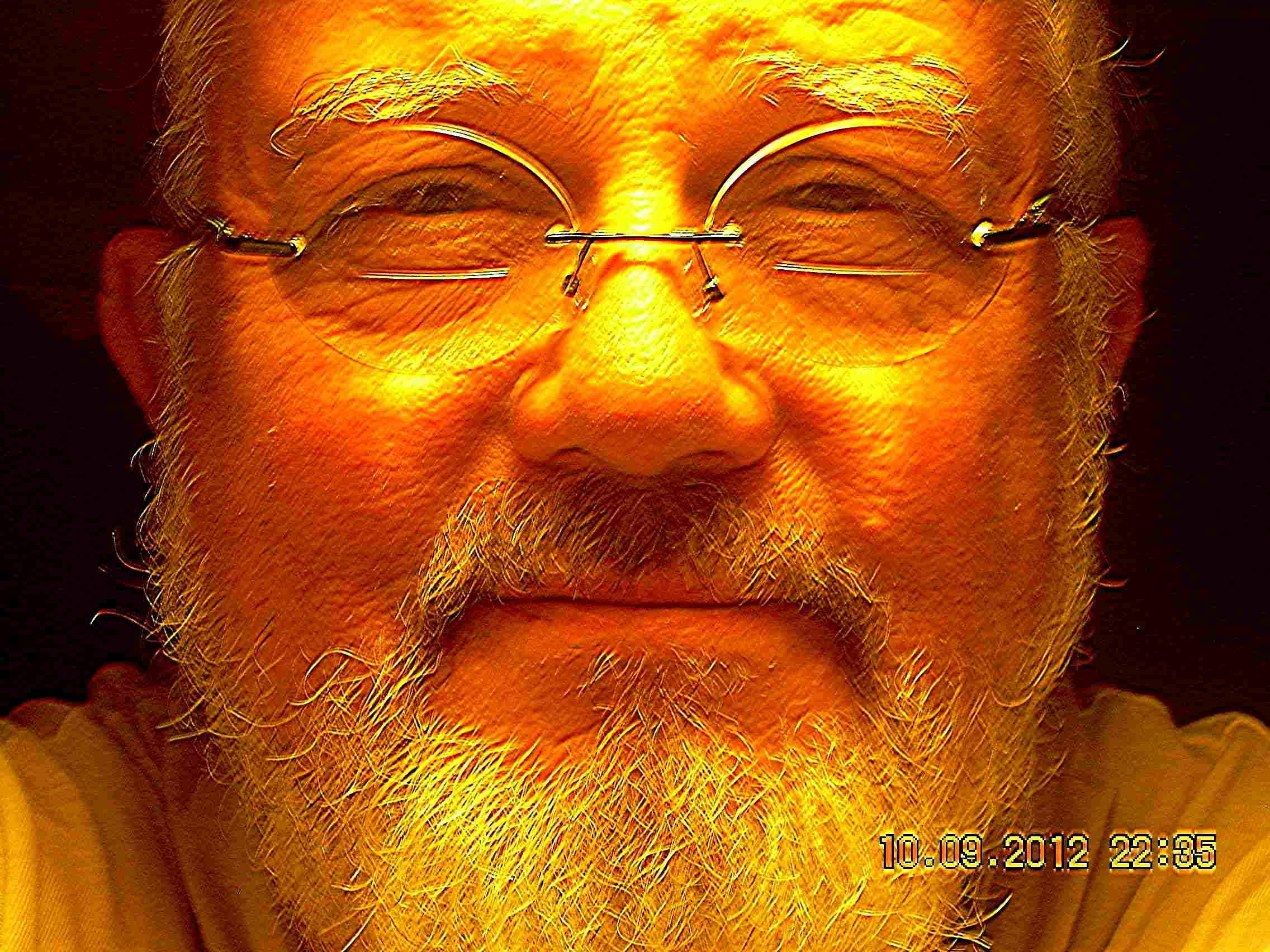The Swiss abandoned their Constitution in the 1930s, adopted a new one modeled on the U.S. Constitution, then added many new amendments and refinements. The people control everything through their elected leaders, with provision to easily repeal unpopular laws directly through referendum. Elected leaders simply don't make laws they know the people will reverse.
As to 'war', Switzerland hasn't been at war in almost 500 years. The last time its army actually fought was out of self defense with the invasion of Napoleon in 1798. Though it has been neutral since 1515 it is no wimp. A good thing since it is not a member of the UN nor NATO. It is armed to the teeth, with a very well provisioned standing army and takes its equivalent of our second amendment quite seriously.
By the time a citizen reaches 18 they have been checked out on the use of various weaponry. They are then permanently issued a machine gun and ammunition which they store away, just in case. During World War II the one country Adolph Hitler reportedly wanted to invade more than any other was Switzerland. His Generals talked him out of it, after convincing him of the terrible price to be paid for such a transgression. Clearly the Swiss experience constitutes compelling evidence, that while the vote moderates a society, it doesn't turn that society into sheep who aren't prepared to fight, if they have to.
The USA - The Most Warlike Nation on Earth
During the period 1776 through 1876, there were two external wars fought by the U.S., the War of 1812 against the British and the Mexican-American War. Between 1876 and today (133 yrs) there have been no less than eight wars the U.S. has initiated or participated in, not counting its many overt (and covert) warlike � ���"actions� �� �. In light of the preceding, the Debs Principle would predict: The U.S. citizen vote was somehow lost during this latter time period 1876-2009.
In 2007 the author of this essay published an ebook entitled: Desiderata Of The Citizen Vote.(1) The book dealt with several things but most notably, its documented assertion that the U.S. popular vote was first stolen on an orchestrated national scale, during the elections of the 1880's. This was precisely the same time frame that the � ���"secret ballot� �� � was introduced in the United States.
For the first 100 years the U.S. vote was openly conducted viva voce, or by � ���"voice vote� �� �. Not just the Registrar of Voters, but everyone within listening distance could hear and notate the vote, then later compile all their notations for a comparison to the Registrar's final count. If all agreed, the vote was rightfully considered irrefutable. The introduction of the Secret Ballot eliminated this alternative verification and made possible the ongoing theft of the vote, of which we are occasionally given glimpses (2000 & 2004 elections). � ���"Secrecy� �� � is the enabling characteristic of vote fraud. Without vote secrecy, vote fraud becomes impossible.
� ���"Secrecy is the beginning of tyranny� �� �: Robert A. Heinlein
PeeCE � ��" Peer Certified Elections
If war is the result of the lack of a real vote, then � ���"peace� �� � would have to be the result of the possession of a real vote. But simply dropping a genuine vote into the laps of the typical citizen carries with it problems. Think of PeeCE as a � ���"toolbox� �� � of five tools, all designed to solve these problems and make the transition to PeeCE smooth and successful.
Specifically, PeeCE is a means by which two or more adversarial nations could end hostilities and achieve lasting � ���"peace� �� �, by genuinely placing the ability to make war fully and exclusively into the hands of its own citizens. Under PeeCE, two or more parties enter into a PeeCE agreement in which each operates in a certified democratic fashion, that includes a peer audit of the others election to ensure the other is in compliance. Why � ���"peer certification� �� �? Because it solves the following major impediment to the implementation of PeeCE.
Consider that the leaders of a nation engaged in escalating hostilities, might be justifiably concerned that an adversary would only agree to a PeeCE proposal, as a ruse to moderate the others aggressiveness. Then later, lulled into a state of complacency and weakness, be attacked by their adversary. For PeeCE to work it is therefore essential that both parties be able to verify, with certainty, that the other is in compliance and not just faking it. They would have to know that the citizens of their adversary are in genuine control through their vote. Thus the form peer certification might take would have to be bullet proof. It would have to be a system that would on close scrutiny engender confidence, as so much would be riding on it.
Vva - Tool #1
(Note: You can view every article as one long page if you sign up as an Advocate Member, or higher).





